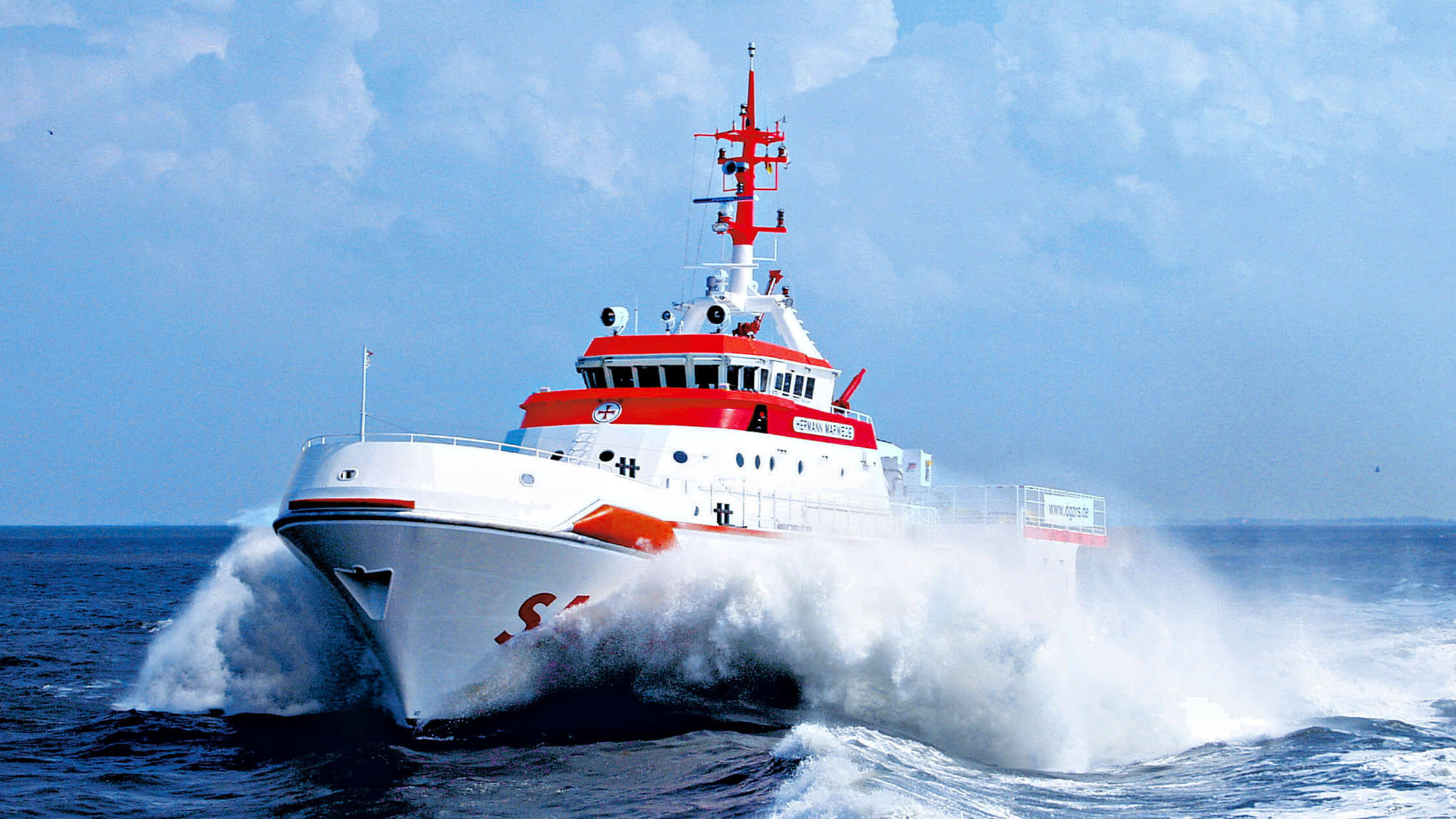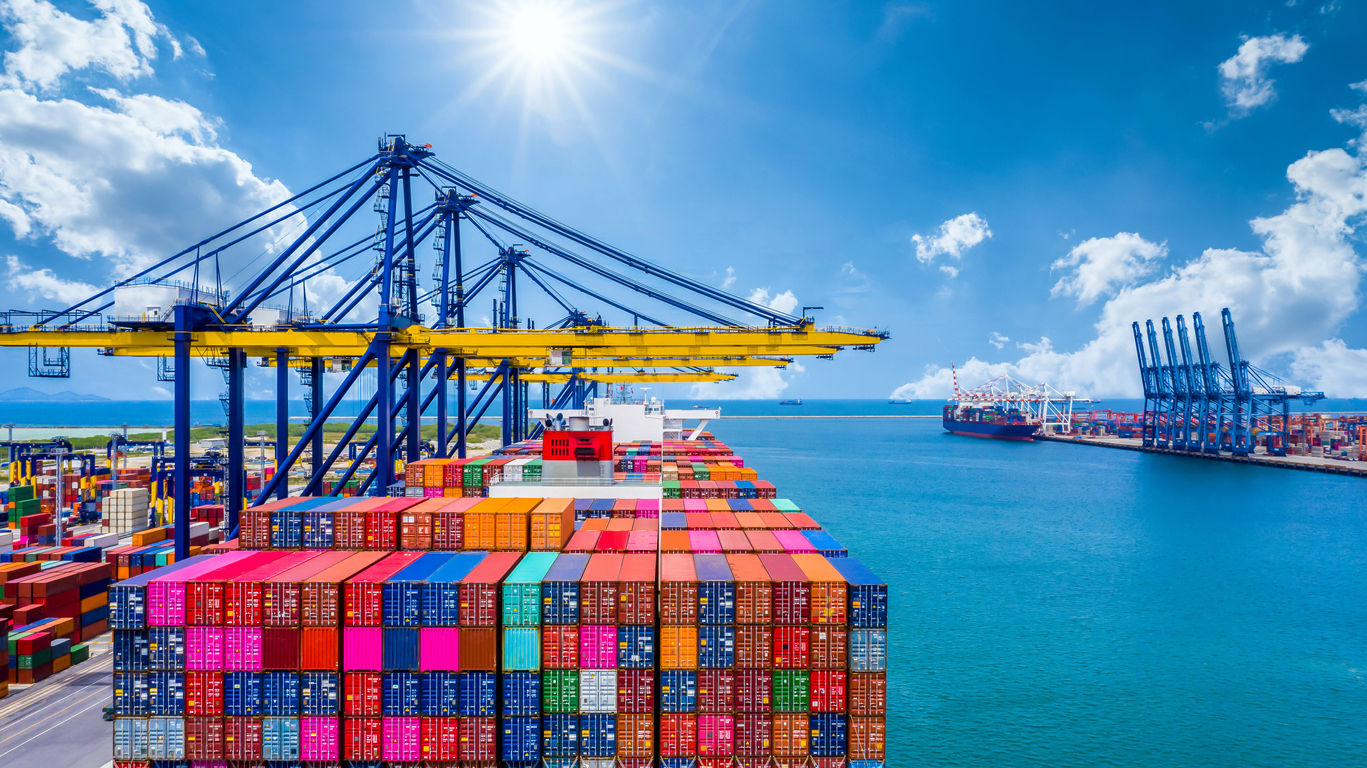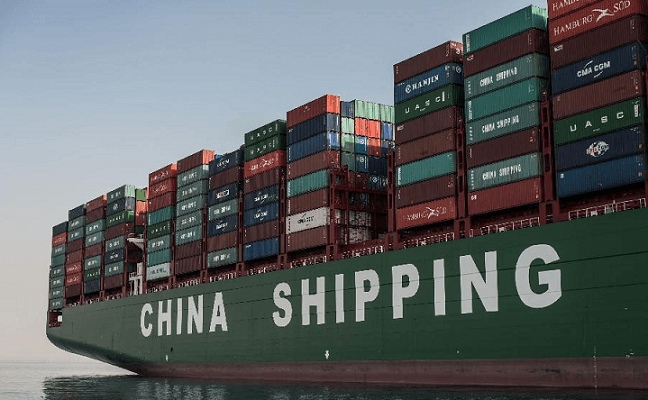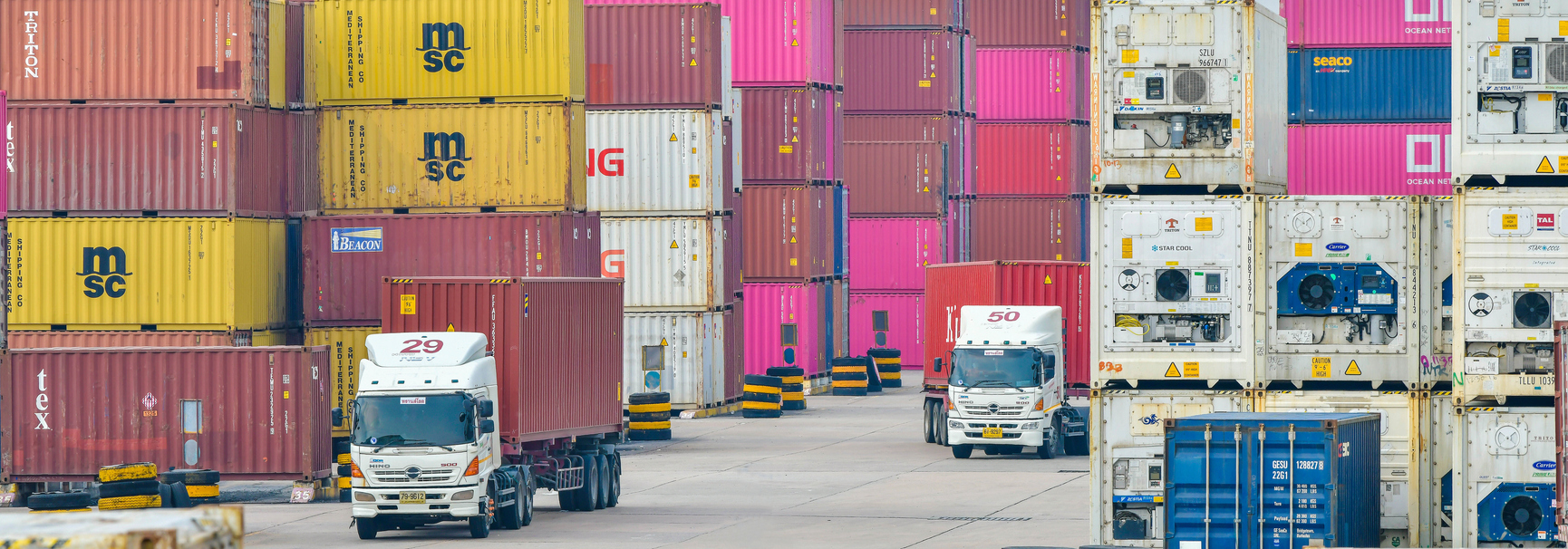3 Steps to Exporting Special Purpose Ships from Nigeria
3 Steps to Exporting Special Purpose Ships from Nigeria
Shipbuilding is one of Nigeria’s major industries. It also provides employment for many Nigerian youths, especially in rural areas. Shipping lanes are typically busy with ships from all over the world. However, Nigeria is not usually a destination of choice for international orders. This article lists 3 steps on how to change this fact.
Step 1: Create a competitive shipyard by providing quality equipment and training to Nigerian engineers
Step 2: Build up a strong team of professionals with strong ties to the shipping industry in order to increase profitability
Step 3: Ensure safety and professionalism when handling foreign orders
Why Nigeria Lags in International Shipping Orders
Nigeria has a large shipbuilding industry. In fact, the Nigerian government has been targeting export orders for years. However, it has been difficult to get international orders.
There are three major reasons why Nigeria lags in international shipping orders:
1. Foreigners have been hesitant to ship goods from Nigeria because of a lack of trust in the safety of Nigerian ships
2. Nigeria lacks the professional expertise required to handle large foreign orders
3. Nigeria’s shipbuilding industry is not competitive with that of other countries, including China and South Korea
In order to increase the number of foreign orders, Nigeria must work on these three points. The goal is to make Nigerian ships a destination of choice for international shipping orders.
3 Steps to Export Special Purpose Ships from Nigeria
The Nigerian Shipbuilding Industry has been a major player in the maritime sector for decades. In 1980, the Nigerian Merchant Marine was worth $1 billion and employed over 45,000 people. However, from 1980 to 1990, Nigeria’s economic slump had a direct impact on the industry.
In 2012, a mere 17 companies remained active in the shipbuilding industry and employed a total of 2,700 workers.
One of Nigeria’s major industries, shipbuilding is a major employer for Nigerian youths, especially in rural areas. Shipping lanes are typically busy with ships from all over the world.
However, Nigeria is not usually a destination of choice for international orders.
This article lists 3 steps on how to change this fact:
1) Create a competitive shipyard by providing quality equipment and training to Nigerian engineers
2) Build up a strong team of professionals with strong ties to the shipping industry in order to increase profitability
3) Ensure safety and professionalism when handling foreign orders
Build a competitive shipyard
The Nigerian shipyard has a good reputation when it comes to local orders, but when it comes time to export, they have to rely on second-hand ships from other countries. This is due in large part to a lack of quality equipment and training.
To overcome this, Nigeria needs to create a competitive shipyard by providing quality equipment and training to Nigerian engineers. This will allow the local shipyard to be more competitive in the global market.
Step 2: Build up a strong team of professionals with strong ties to the shipping industry in order to increase profitability
Paragraph: In order to increase competitiveness in the global market, Nigeria needs to build a strong team of professionals with strong ties to the shipping industry. This will ensure the best possible pricing and lead times for Nigeria’s ships.
Step 3: Ensure safety and professionalism when handling foreign orders
Paragraph: In order to maintain customer satisfaction, Nigeria needs to make sure all orders are handled in a safe and professional manner. This will ensure that foreign customers will want to order from Nigeria again.
Build a strong team of professionals
Building a strong team is the key to succeeding. This team should consist of people with experience in the shipping industry, engineers, and people with ties to the Nigerian government.
The team should have members who have experience with international orders. The members should have the capability to provide quality equipment, training, and experience to people in the shipping industry. Having this team will also help with the safety and professionalism of handling foreign orders.
Ensure safety and professionalism when handling foreign orders
Foreign shipper tend to avoid Nigeria because of safety concerns. They fear the possibility of encountering pirates. For this to change, the Nigerian government should be able to assure them that they will be protected.
Nigeria should also create a work environment that is both safe and professional. Foreign contractors should be able to bring their families with them to live, without having to worry about their safety. They should be able to enjoy quality of life while they are in Nigeria.
Nigeria needs to create an environment for safety and professionalism if it wishes to economically compete with other shipbuilding countries. Otherwise, Nigeria will remain the best kept secret in the shipping industry.








LEAVE A COMMENT
You must be logged in to post a comment.